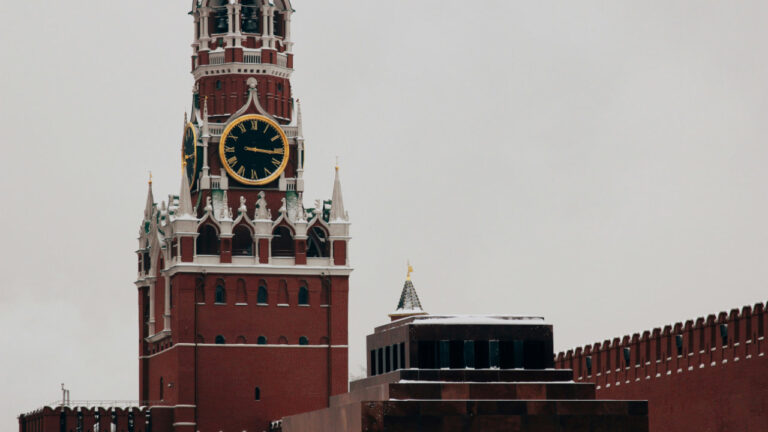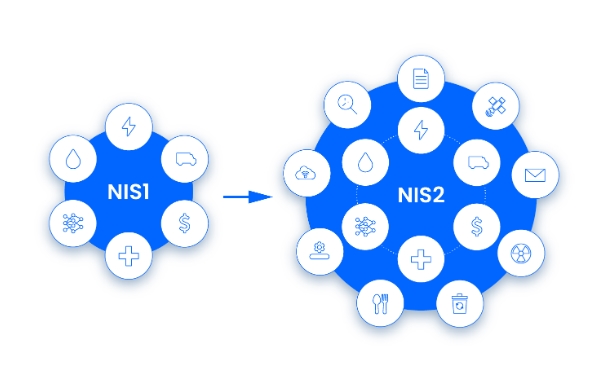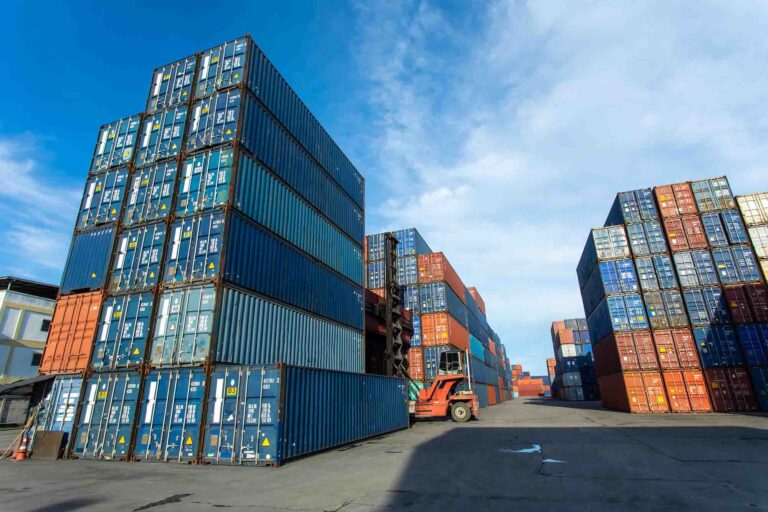Normalizing and improving diplomatic, economic, and political relations between Turkey and Syria
In previous years, relations between Turkey and Syria were at their peak. The Free Trade Agreement in 2007 and the introduction of the visa-free travel plan in 2009 led to the growth of economic ties between the two countries and contributed to the expansion of tourism. The two countries began work on the joint management of Euphrates water resources. They also reached an agreement on a dam project on the Orontes River, known in Arabic as Assi, on the Turkish-Syrian border. This agreement not only deepened relations between the two countries but also had political significance as Syria recognized the border. For Syria, relations with Turkey largely meant an end to the country’s isolation in the post-2003 era, especially after the assassination of former Lebanese Prime Minister Rafik Hariri. However, this friendship between the two countries was not very stable. In 2011, opponents of Bashar al-Assad’s government began creating insecurity and war in the country. Turkey, unhappy with the Syrian government’s handling of political opponents and seeing its interests at stake, finally decided to officially cut off all ties with Syria on September 21, 2011. On the other hand, the AKP government, keen to participate in developments in Syria, actively supported the organization of the opposition. Turkey backed regime change in Syria, and the Free Syrian Army (FSA), formed by defected officers and soldiers of the Syrian army in July 2011, established its command and headquarters in Hatay, Turkey, in October 2011. Recep Tayyip Erdogan always referred to Bashar al-Assad as a murderer and consistently wished for his fall.
A decade later, the focus shifted from removing Bashar al-Assad from power to resuming relations with him. After 13 years of conflict and violence in Syria, Turkish President Recep Tayyip Erdogan announced his readiness to revive his country’s relations with Syria, emphasizing Syrian government sovereignty over its entire territory and the fight against terrorism and its organizations. The Turkish president, confirming that hatred has no place in politics, now stresses the need to take new steps with Syria. Efforts to bring Turkey and Syria closer are coordinated by Russia, which has been overshadowed by normalization efforts between Iran and Saudi Arabia, mediated by China. In December 2022, an important meeting between Russia, Turkey, and Syria was held at the level of defense ministers, accompanied by the relevant security chiefs in Moscow, starting the process of rapprochement, after which Iran joined the gathering.
Russia has long sought to normalize relations between Syria and Turkey, both of which are Moscow’s strategic partners. A successful mediation gives President Putin credibility and diplomatic power, at least from countries in the region that can benefit from easing regional tensions. The proximity of Syria and Turkey is also generally in Russia’s interests for logistical reasons, as large quantities of combat equipment are sent from Syria to the Black Sea through the Bosphorus Strait. Since the Russian invasion of Ukraine, straits have been closed to Russian warships, but evidence suggests that Russian merchant ships continue to sail in Turkish waters to supply the military equipment needed for the invasion of Ukraine. After the meeting of representatives of Russia, Turkey, Syria, and Iran in Moscow to restore diplomatic relations between Ankara and Damascus, the outcome of the quadrilateral talks remained uncertain despite joint efforts to continue them. If we want to discuss the most important issues between Turkey and Syria, we can mention four.
The first issue is Turkey’s military presence in Syria. Damascus stresses that this presence is illegal. Damascus believes that if Turkey is serious about negotiations, it must first withdraw its forces. Turkey, in contrast, believes that for the following reasons, it is difficult to withdraw militarily before a strong political and security agreement and secure international guarantees. First, if Turkey leaves the areas occupied in northeastern Syria—Afrin, Gerbilous, and Tel Abidjan—Kurdish forces may take control of these areas, and Ankara may lose its security investments there. Additionally, Turkish forces view their presence in Idlib as an advanced line of defense to prevent asylum seekers from entering Turkey.
The second issue is negotiating with the opposition. This is one of Ankara’s demands to advance negotiations with Damascus and reach an agreement. Ankara believes that if Bashar al-Assad’s government fails to talk to its political opponents, security risks against Turkey will remain. In contrast, the Syrian government believes that political opponents should not be given concessions in any way.
The third issue is the fight against terrorism. Turkey insists on achieving an effective and concrete mechanism to combat terrorism. However, it opposes Damascus in its classification of terrorist organizations. Ankara mainly fights the Syrian branch of the PKK and ISIS and other extremist organizations active in Idlib, such as Harasuddin, and does not fight other armed groups, while Damascus has designated all armed groups in northern Syria as terrorist organizations and calls for Turkey’s support for these groups to be stopped and destroyed.
The fourth issue is refugees. Turkey is proposing the return of Syrian refugees living in northern Syria to their areas of origin where they have fled or been displaced. This requires Syria to provide security guarantees, not prosecute them, and ensure their property is returned. Syria believes it is not politically and morally responsible for the refugee crisis and that such a process requires resources beyond Syria’s capability in the current circumstances.
Despite the raised issues, the national interests of both countries in normalization seem far more important than the obstacles. For Turkey, security is the main reason for normalization. That’s why Ankara is trying to completely eliminate the PKK terrorist group and the threat of ISIS. They believe that to achieve this, an agreement with Bashar al-Assad is very important. Another issue is the return of four million Syrian refugees on Turkish soil. Economic problems and unprecedented inflation in Turkey have caused the Turkish government to be less generous to refugees than before. Turkey’s military operations in Syria have also led to tense ties with the United States. The most significant issue in the bilateral relationship between the United States and Turkey was Ankara’s decision to deploy Russia’s S-400 missile system, which was linked to the Syrian crisis. Along with security interests, Syria could be considered an almost inevitable transit route for Turkish goods destined for the Gulf states. Additionally, the Turks appear to be planning to increase their share of the Syrian consumer market. Geopolitical experts speak of Ankara’s long-term view of the ports of Latakia and Tartus on the threshold of the eastern Mediterranean.
For Syria, an agreement with Turkey could also be of great importance. Although Assad was invited to the Arab League summit last year, he was not seen as the president of the entire Syrian community. Therefore, he can strengthen his reputation and legitimacy through the normalization process. Russia’s weakening in the war with Ukraine could also impact Russia’s role in Syria, so perhaps Russia cannot support Bashar al-Assad’s government as before. Thus, the normalization process with Turkey could be important for Syria. The Arab and Turkish governments seem to be planning to rebuild Damascus’ strategic partnership by extinguishing the fire of terrorism in Syria.
With Iran’s efforts, a new round of talks between Turkey and Syria is set to take place in Iraq. From Tehran’s point of view, Baghdad is a good place for negotiations because of its pro-Syria and pro-Iran stance. Iraq hosted a secret meeting between Saudi Arabia and Iran and then facilitated talks between Iran and Egypt. It is also worth noting that many Iraqi militias, now part of the country’s security forces, supported the Syrian government during the Civil War, and many are still in Syria. Iran is helping Iraq create a diplomatic success by mediating between Turkey and Syria.
As it turned out, most Middle Eastern countries are now in talks with Syria, showing how important the normalization agreement between Turkey and Syria is for neighboring countries. It seems the time has come to end the two decades of war, uprisings, and overthrow that have ravaged the Middle East. However, it is possible to be optimistic that Syria and Turkey will normalize relations, even if it is a long and bumpy road, which it will certainly be. The two countries share a 764 km border. As mentioned, they also share common interests in the withdrawal of US troops from Syria, the cessation of arming the Kurds, and the suppression of terrorism. We’ll have to wait and see what happens in Baghdad.
Research sources
- Christopher Philips: Into the Quagmire: Turkey’s Frustrated Syria Policy
- ISPI – Italian Institute for International Political Studies: Turkey and Syria: The Road to Normalisation Runs Through Moscow
- Forbes: In The Shadow Of Mistrust: Turkey-Syria Normalization
- Emirates Policy Center: Prospects of Turkey-Syria Normalization Following Erdogan’s Election Victory
- Anadolu Agency: Dynamics of Turkey-Syria normalization
- Konrad Adenauer Foundation: Regional normalization – Syrian perspectives
- European Institute of the Mediterranean: The Inflexibility of Turkey’s Policy in Syria
- Al-Ahram Center for Political and Strategic Studies: Turkey after the elections: The Syrian file is in Fidan’s hands
- The Century Foundation: The Long Road to Rapprochement between Syria and Turkey
- The Cradle: Can Iraq broker peace between Syria and Turkey?
- Middle East Monitor: Dynamics of Turkey-Syria normalisation
- Les Echos: Turkey wants to renew dialogue with Damascus
- L’Orient-Le Jour: Iran very happy with dialogue between Turkey and Syria
- RIA Novosti: Turkey has decided to get closer to Syria in coordination with the US
- REGNUM News Agency: Are Assad and Erdogan ready for dialogue?
- IPSC – International Peace Studies Centre: The perspective of Turkish-Syrian relations
- Al-Quds Al-Arabi: Political flirting between Turkey and the Syrian regime
- Al-Hurra: Report reveals obstacles to combating domestic violence in Iraqi Kurdistan
- DSS – Dimensions for Strategic Studies: Is there anything new in the Iraqi mediation between Turkey and the Syrian regime?
- Shafaqna: Will Turkey and Syria resume their relationship again?
Article by Amir Mojtahedi | Hermes – Center for European Studies | Foreign policy researcher and member of the German society for Middle East Studies (DAVO)







